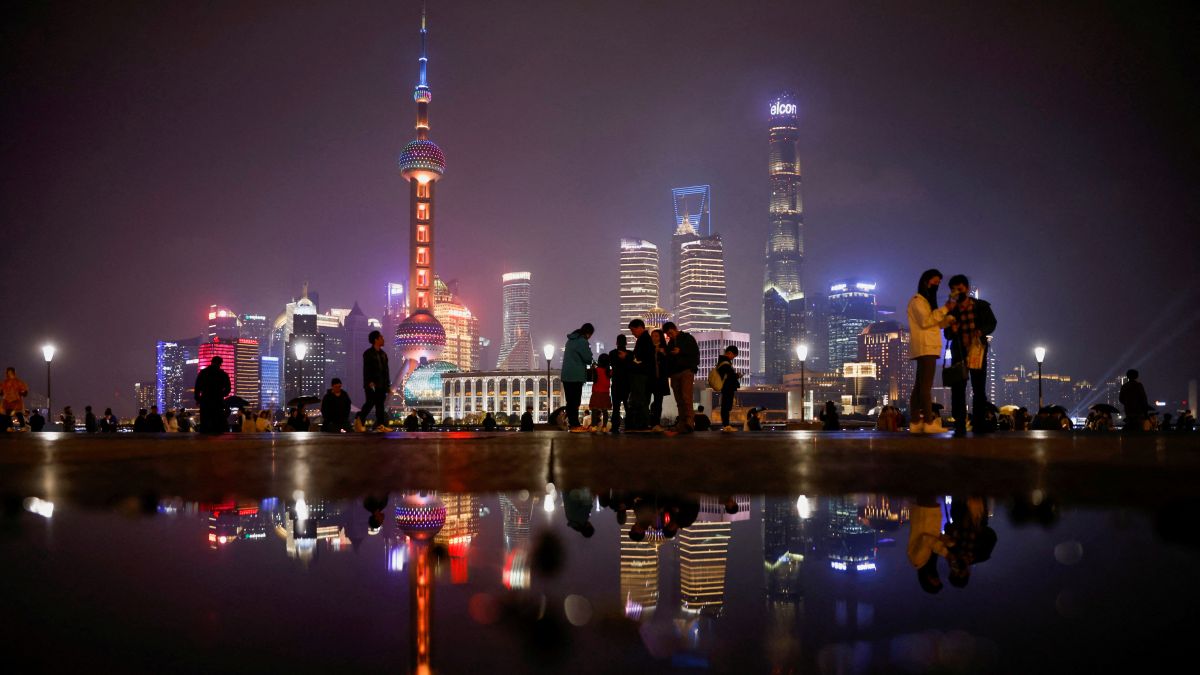China’s super-rich are shrinking in numbers and wealth, with recent reports highlighting how the country’s billionaires have been hit by economic downturns, industry-specific challenges, and regulatory pressures.
This year, the Hurun China Rich List counted 743 billionaires in US dollars, marking a 36 per cent drop from the 1,185 billionaires in 2021 — a peak year for China’s super-rich.
The number of individuals with fortunes above 5 billion yuan (roughly $700 million) also dropped by 12 per cent from the previous year to under 1,100, signalling ongoing economic and regulatory headwinds.
In total, the wealthiest in China saw a collective 10 per cent reduction in wealth, marking the third consecutive year of declining fortunes.
“The stories of the individuals on the Hurun China Rich List tell the story of the Chinese economy,” noted Rupert Hoogewerf, founder and chief researcher at Hurun Research Institute.
“The likes of Robin Zeng of lithium battery maker CATL and Li Zhenguo of solar panel giant Longi weren’t even on the list a decade ago,” he added, highlighting the rapid shifts in wealth-generating sectors over recent years.
Who took top spots on China’s rich list this year?
Zhang Yiming, the 41-year-old founder of ByteDance, claimed the title of China’s richest person with a net worth of $49.3 billion, up from fourth place the previous year.
Despite ByteDance’s ongoing legal battle over its US assets, the company’s global revenue jumped by 30 per cent last year to $110 billion, bolstered by TikTok’s popularity with nearly 200 million users in the US.
ByteDance’s other platform, Douyin, serves Chinese users and further supports Zhang’s wealth.
Also Read: China's economic woes need Beijing to opt for cooperation over assertion
Zhong Shanshan, the founder of Nongfu Spring, China’s largest bottled water company, slipped to second place as his wealth dropped by 24 per cent to $47.9 billion.
Third on the list was Pony Ma Huateng, founder of Shenzhen-based tech giant Tencent, valued at $44.4 billion, followed by Colin Huang of PDD Holdings, whose e-commerce platforms like Pinduoduo saw stable revenue growth despite his decline to fourth place.
On the female front, Kelly Zong Fuli of beverage giant Wahaha held the title of China’s richest woman, but female billionaires made up just 23.5 per cent of the list.
Why is the rich list in China shrinking?
China’s economy is grappling with a prolonged housing crisis, a high unemployment rate, rising local government debt, and weaker-than-expected consumer demand. These factors weighed heavily on the country’s billionaires.
The government has committed to more than $1.4 trillion in new debt initiatives to stimulate growth after falling short of its 5 per cent growth target for three consecutive quarters this year.
Despite these measures, regulatory crackdowns on tech giants, exemplified by the 2020 antitrust probe into Alibaba founder Jack Ma’s ventures, have reshaped China’s wealth landscape.
Some of China’s super-rich have relocated or opted to keep a low profile, as seen in the exodus of approximately 15,200 high-net-worth individuals in 2024, projected by Henley & Partners.
Political tensions, particularly under Xi Jinping’s “common prosperity” policy, have prompted wealthy citizens to explore unorthodox ways to move their assets overseas, circumventing China’s $50,000 annual limit on foreign transfers through underground systems like “hawala” or by purchasing cryptocurrencies — despite China’s crypto ban in 2021.
Which industries in China are seeing a downward trend?
While tech and consumer goods were the dominant sectors among China’s wealthiest, older industries like real estate have seen significant losses.
Solar panel makers and lithium battery producers faced intensified competition, driving some fortunes down by up to 80 per cent from their 2021 peaks, with EV and battery makers down by roughly half and a quarter, respectively.
“Solar panel, lithium battery, and EV makers have had a challenging year, as competition intensified, leading to a glut, and the threat of tariffs added to uncertainties,” Rupert Hoogewerf explained.
Despite these challenges, Taiwan’s billionaire count rose by 15 to a total of 97, attributed to its robust semiconductor industry. Conversely, Hong Kong saw its billionaire population decrease by four to 56, with no Macau billionaires on the list and only 30 Chinese billionaires residing overseas, mainly in the US and Singapore.
Also Watch:
With inputs from agencies


)

)
)
)
)
)
)
)
)



